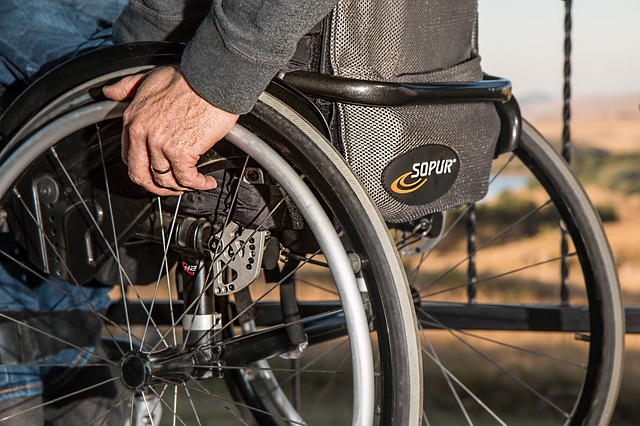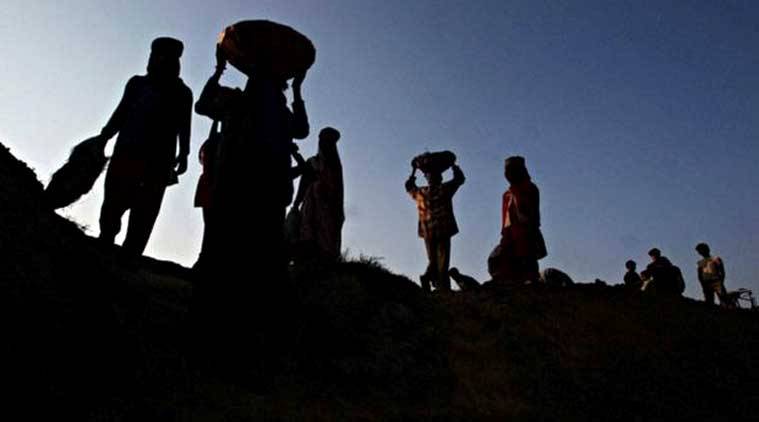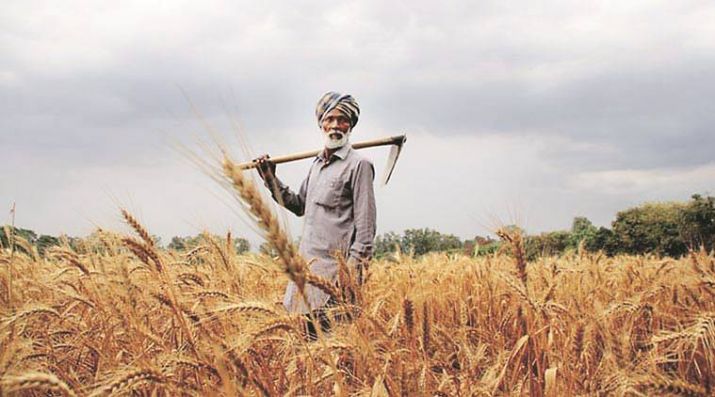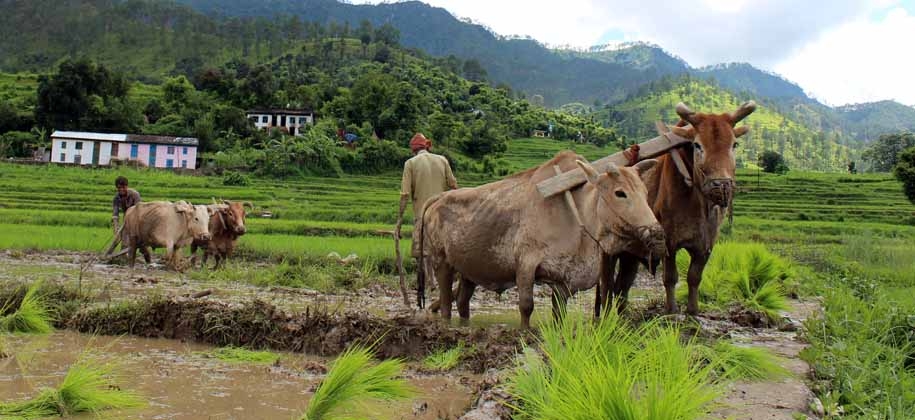
A UNESCO report reminds us that we still have a long way to go before we truly become a nation that is conducive to the needs of the disabled and that is capable of making their lives prosperous and meaningful. We continue to live in a society where to be disabled means to be prepared to lead a life of social ridicule, infrastructural difficulties and a perpetual sense of being incapable. This sense of helplessness and worthlessness that many who are disabled in our society are made to feel as a result of the lack of educational and employment opportunities is perhaps only amplifying with time.
A combined report by UNESCO and the Tata Institute of Social Sciences tells us that how terrible the condition of children with disabilities is in our country at least as far as access to educational opportunities is concerned. The report has been released on July 3rd and is entitled ‘N for Nose: State of Education Report for India 2018: Children with Disabilities.’
The main purpose that the report meets is that it reminds us once again of the tragic plight of children with disabilities and how they are often under social circumstances that deny them access to educational opportunities. It does make us aware of the challenges, the hardships and the required groundwork that is needed to address the draconian oppression of the children with disabilities.
The report tells us that in India 75% of five year olds who have disabilities do not attend any educational institution. The report tells us that 20% of children who are facing visual and hearing impairments have never even gone to school. Among the disabled it is children who have more than one kind of disability who have the least access to schooling. 50% of children with mental retardation don’t attend school.
Gender too plays an important part as far discrimination of children with disabilities is concerned; girls have a much lower school attending rate as compared to boys with disabilities. What must also be noted is that most of the children with disabilities who are enrolled in schools are enrolled in open schools through the National Institute of Open Schooling. The statistics of the NIOS shows that there has been a steady decline in enrolment of children with disabilities between 2009 and 2015.
[irp]
The report also makes us aware of the challenges that lie in the path of making schooling more widespread about children of the disabled community. It tells us that the Right to Education can only be meaningful if work is done towards changing the mind-set of society towards sending its disabled children to school and encouraging them to take up schooling. Also clarity is required on where children with disabilities should be sent, who is qualified to teach them and what the standards required to teach children with disabilities are for educational institutions.
The report has also recommended amendments to the RTE so that it is more in tune with the Rights of Persons with Disabilities Act, 2016.
It also asserted the need for structural, institutional and attitudinal changes that would help make the society more conducive to the needs of the disabled and lead to the large scale awareness on the importance of education for all children included those who are disabled. It has also recommended the Ministry of Human Resource Development to set up mechanism that ensure that educational initiatives in all educational institutions are suited to the needs of people with disabilities and to alter teaching practice in order to be more accommodating to children with disabilities.













